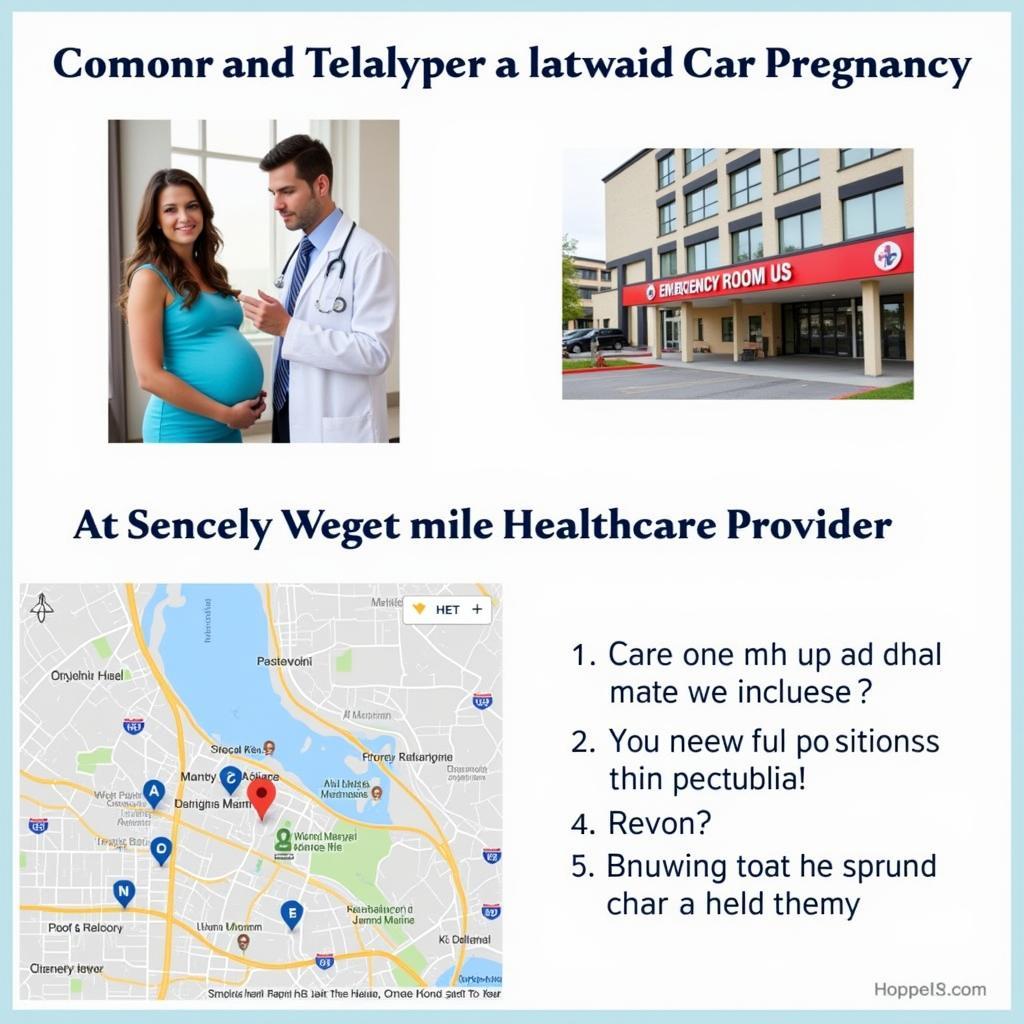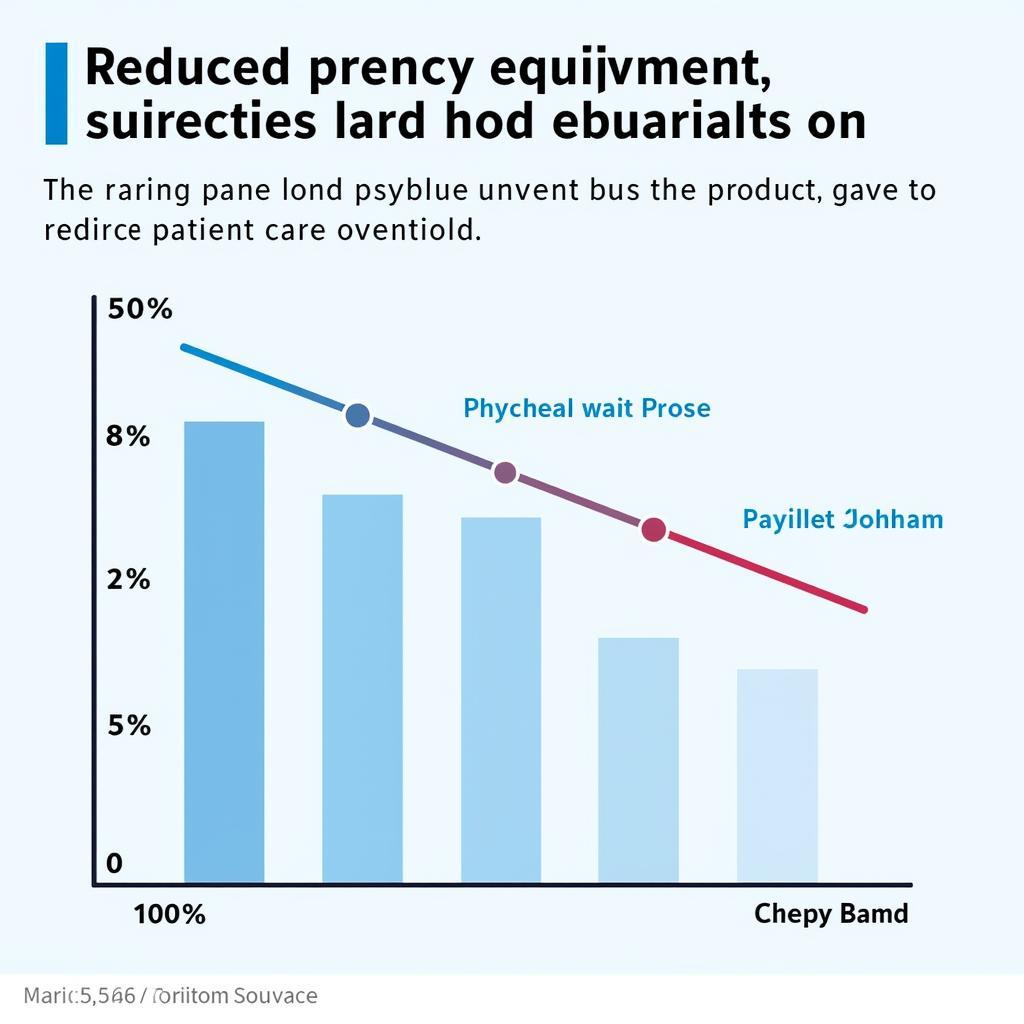Are Pregnancy Services Considered Acute Care?
Understanding whether pregnancy services fall under the umbrella of acute care is crucial for both expectant parents and healthcare providers. This article aims to clarify the distinction and explore the various aspects of pregnancy care.
Defining Acute and Prenatal Care
Acute care focuses on the immediate diagnosis and treatment of sudden, severe illnesses or injuries requiring prompt medical intervention. Think of emergency rooms, urgent care clinics, and critical care units. Prenatal care, on the other hand, is a proactive and preventative approach to healthcare focused on the well-being of both the pregnant woman and the developing fetus throughout the pregnancy.
Is Prenatal Care Acute Care? Generally, No.
While pregnancy can sometimes present acute complications requiring immediate medical attention, routine prenatal care itself is generally not classified as acute care. Prenatal visits are scheduled and planned, focusing on monitoring the pregnancy’s progress, providing education, and addressing any potential health concerns before they escalate into emergencies.
However, certain situations during pregnancy may necessitate acute care. These include conditions like preeclampsia, placental abruption, or preterm labor. In these instances, the pregnant woman requires immediate medical attention to manage the condition and ensure both her safety and the baby’s well-being.
When Pregnancy Care Becomes Acute
Several factors can shift pregnancy care from routine prenatal visits to acute care interventions. These can range from unexpected complications to pre-existing conditions that become exacerbated during pregnancy. Recognizing the signs of potential complications is crucial for timely intervention.
The Importance of Access to Both Acute and Prenatal Care
Access to comprehensive healthcare, encompassing both routine prenatal care and readily available acute care services, is essential for positive pregnancy outcomes. Consistent prenatal care allows for early detection and management of potential complications, minimizing the need for acute interventions. However, having access to acute care is equally vital should unexpected emergencies arise.
Seeking Medical Attention
Knowing when to seek immediate medical attention during pregnancy can be life-saving. Any unusual or severe symptoms should be promptly evaluated by a healthcare professional.
- Sudden and severe headaches
- Visual disturbances
- Swelling of the face, hands, or feet
- Vaginal bleeding
- Severe abdominal pain
- Decreased fetal movement
“Early intervention is key in managing pregnancy complications,” says Dr. Amelia Carter, OB-GYN at the Women’s Health Center of Miami. “Regular prenatal visits allow us to monitor the health of both mother and baby and address any concerns proactively.”
Finding Quality Pregnancy Care
Choosing a healthcare provider experienced in both routine and high-risk pregnancies is essential. Consider factors like the provider’s qualifications, hospital affiliations, and the availability of emergency services.
 Choosing a Healthcare Provider for Pregnancy
Choosing a Healthcare Provider for Pregnancy
Conclusion
While routine pregnancy services are not considered acute care, having access to both is fundamental for a healthy pregnancy. Regular prenatal care plays a vital role in preventing complications, while prompt access to acute care is crucial for managing emergencies. By understanding the distinction and recognizing the signs of potential complications, expectant parents can ensure the best possible outcome for themselves and their babies.
Frequently Asked Questions (FAQs)
-
What is the difference between prenatal care and postpartum care? Prenatal care focuses on the health of the mother and baby during pregnancy, while postpartum care addresses the mother’s physical and emotional well-being after childbirth.
-
How often should I have prenatal appointments? The frequency of prenatal visits varies depending on the stage of pregnancy and individual needs, but typically involves monthly checkups in the first two trimesters, increasing to bi-weekly or weekly visits in the third trimester.
-
What are the signs of preeclampsia? Preeclampsia is characterized by high blood pressure, swelling, and protein in the urine. Severe headaches and vision changes can also occur.
-
What should I do if I experience bleeding during pregnancy? Contact your healthcare provider immediately if you experience any vaginal bleeding, no matter how light.
-
Is morning sickness a sign of a problem? While morning sickness is common during the first trimester, severe or persistent nausea and vomiting may require medical attention.
“Don’t hesitate to reach out to your healthcare provider with any questions or concerns during pregnancy,” advises Dr. Emily Davis, a leading maternal-fetal medicine specialist. “Open communication is crucial for a healthy and safe pregnancy journey.”
Need Help with Car Services?
For any car service needs, contact us via WhatsApp: +1(641)206-8880, Email: [email protected] or visit our office at 456 Oak Avenue, Miami, FL 33101, USA. Our customer service team is available 24/7.

